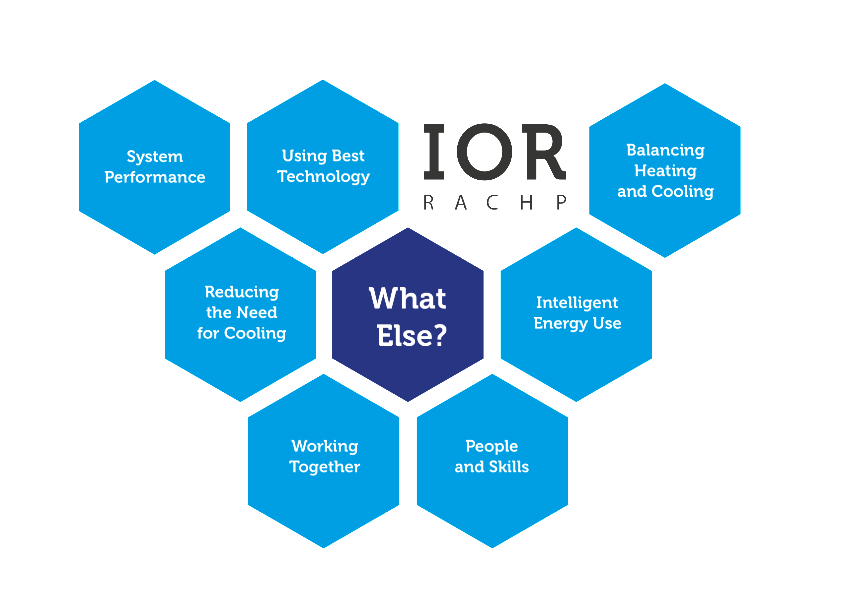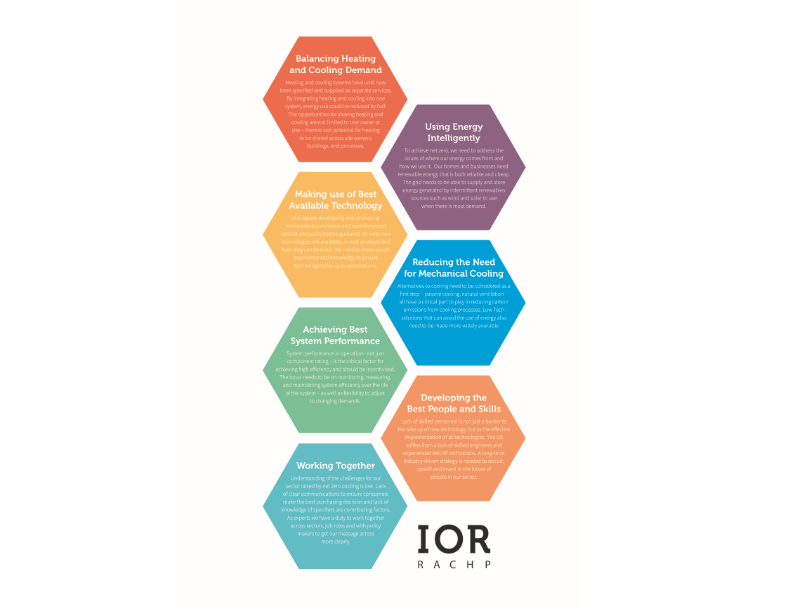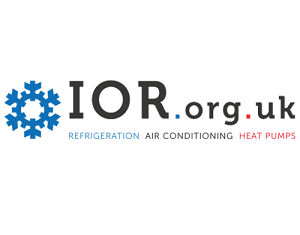The Institute of Refrigeration has published a statement to deliver net zero cooling and heating. With the UK Government drawing up plans for a low carbon response to help the economy emerge from the lockdown, cooling and heating will have a key role to play domestically, commercially and industrially. In Beyond Refrigeration, the IOR(1) has identified seven key areas to be addressed at a policy and practical level to achieve the changes:
- system performance
- best technology
- balancing heating and cooling
- reducing the need for cooling
- intelligent energy
- working together
- people and skills
IOR President, Kevin Glass FInstR said: “These key areas are designed to focus our thinking, our discussions and our activity. We want to engage with our members who have the expertise to make these changes happen, with other technical experts who will support decision making and with policy makers who can put in place legislative frameworks and mechanisms to create lasting and effective change.”
Cooling through refrigeration, air conditioning and heat pump processes is essential to support the UK society and economy. Demand for cooling is growing rapidly. This raises some critical issues for our sector such as:
-
how will UK and global policy makers balance the growing demand for cooling with the need to reduce carbon emissions?
-
where should we adapt technologies and processes to become a net zero industry?
-
what should the sector be doing to address these challenges?
Miriam Rodway, Chief Executive of the IOR explains the approach the IOR is taking: “In some of the seven key areas we have identified, solutions are readily available awaiting adoption, in others they are still very much under development or in early stages of trialling and testing. To make significant change happen we need to gain input from other sectors and to achieve a political will. The IOR wants to engage in a focused discussion in these areas to begin this process so that together, we can meet the cooling needs of our societies, using the least resources and with the least impact on the environment.”



